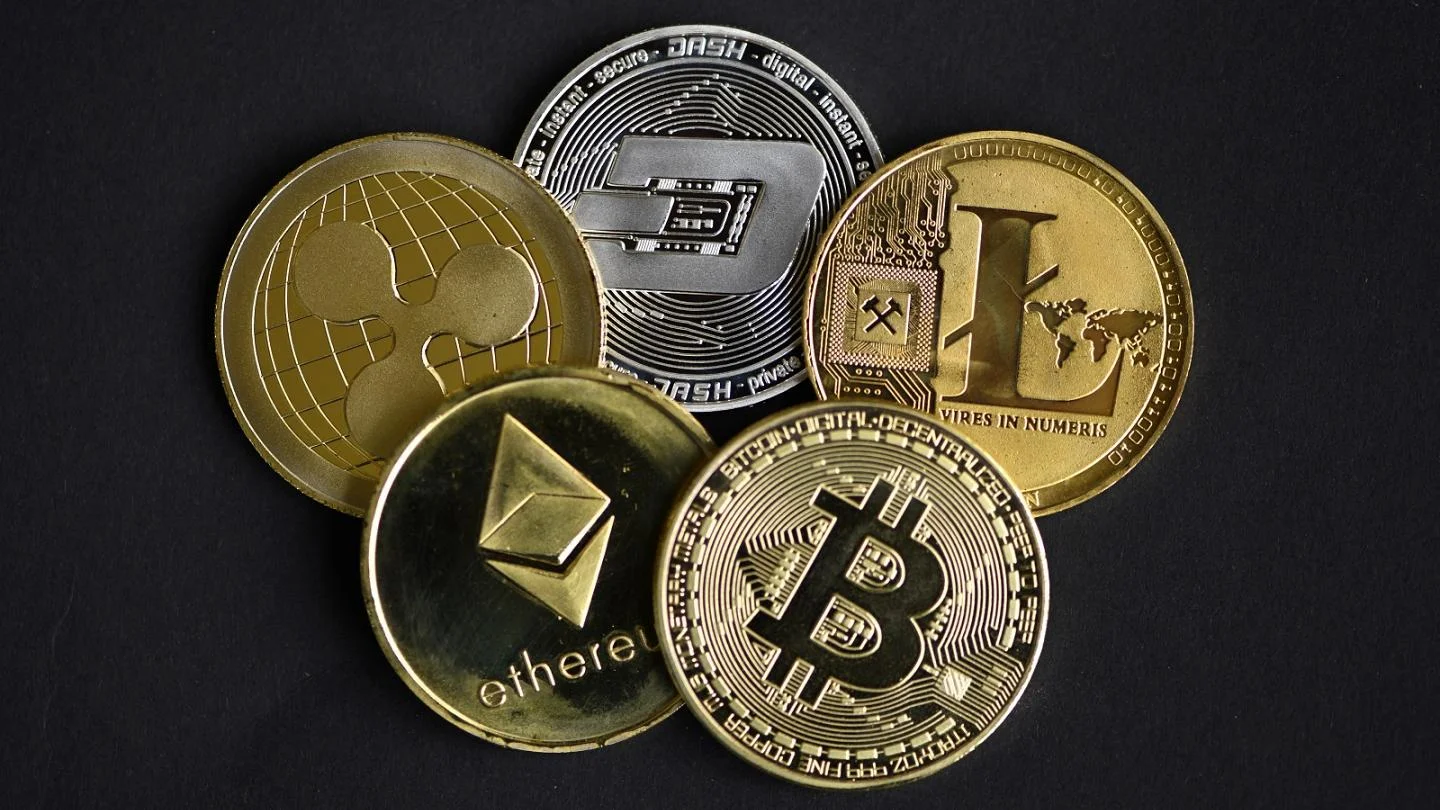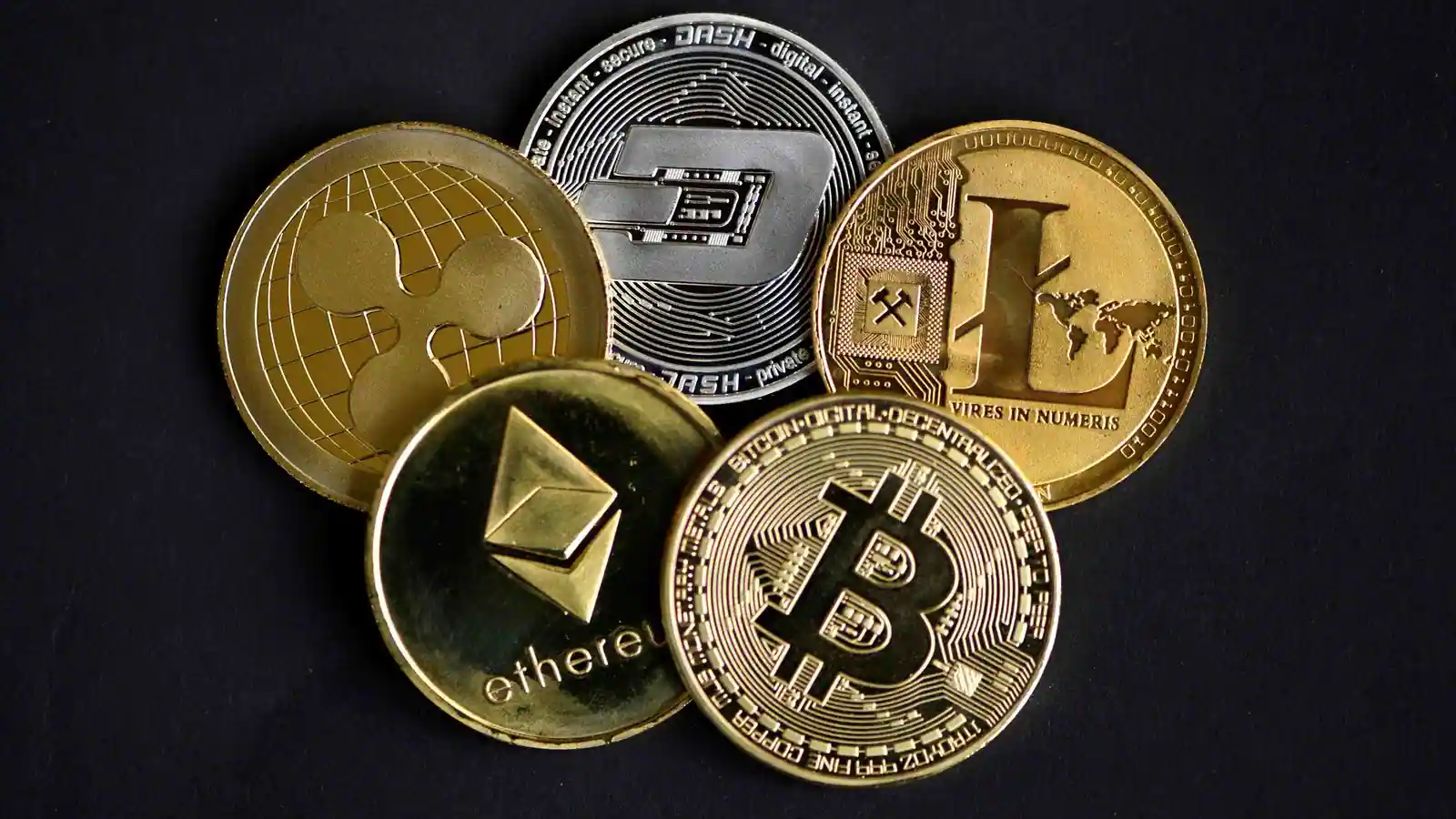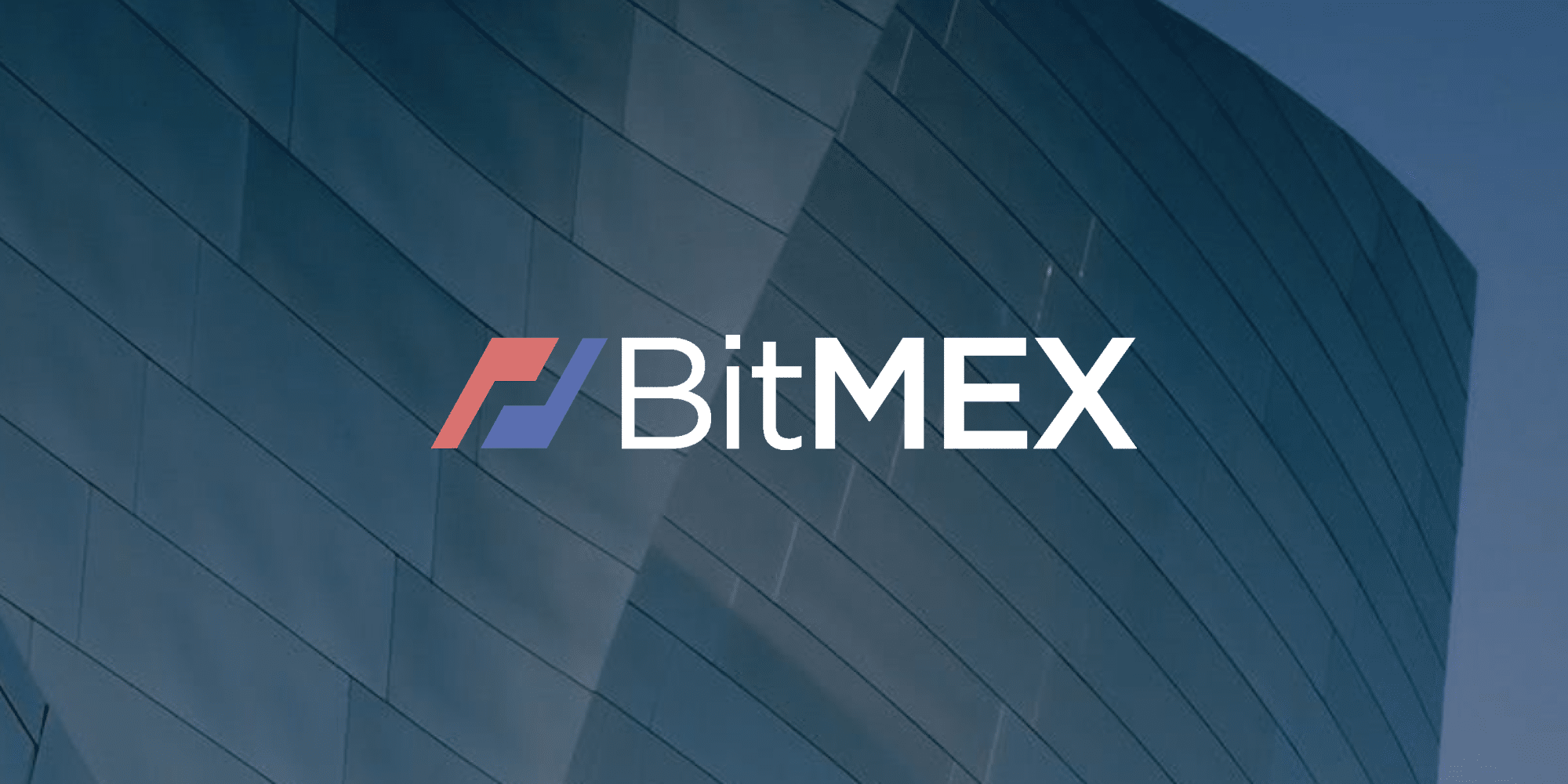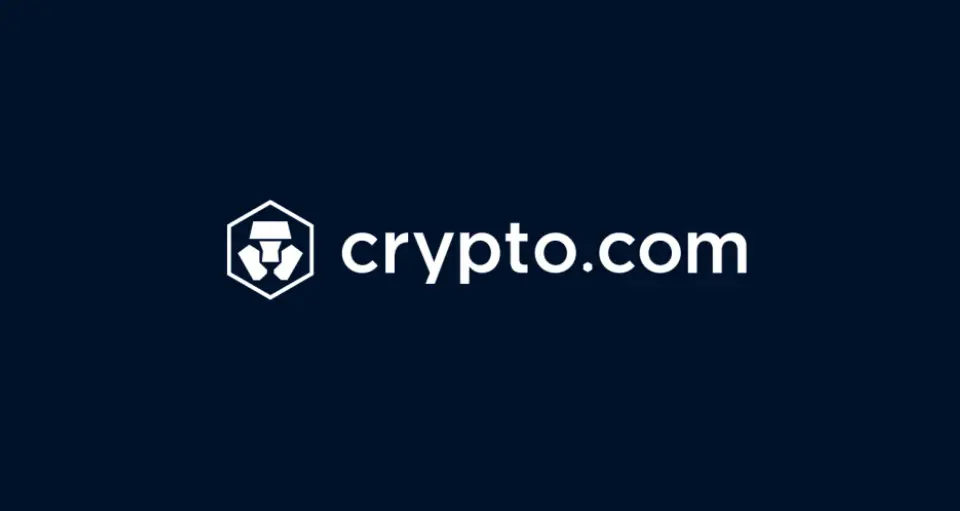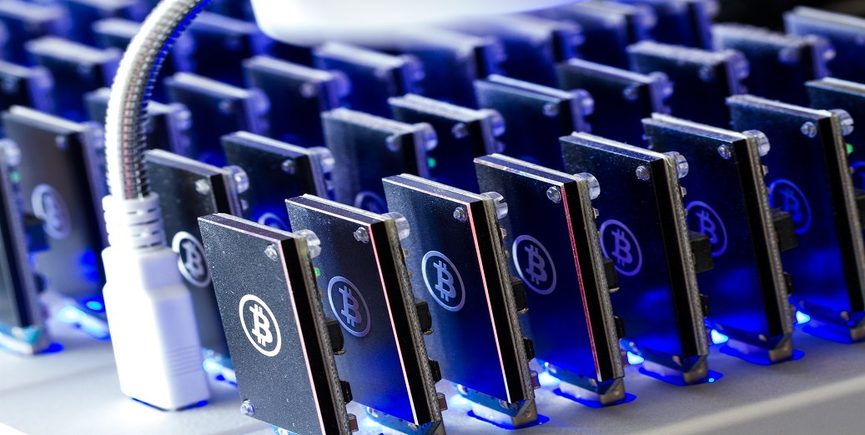
- February 23, 2022
Illegal cryptocurrency mining hits an all-time high in Malaysia in 2021.
Illegal cryptocurrency mining in Malaysia reached an all-time high in 2021, compared to the previous year, according to Bukit Aman Criminal Investigation Department (CID) Director Datuk Seri Abd Jalil Hassan.
In 2021, around $13 million worth of mining equipment was seized, compared to $301K in 2020. As a result, from 2020 to last year, Malaysia observed a 4,200 percent rise in seized items.
In addition, the chief stated that in 2021, 570 investigation documents were filed and 528 arrests were made in relation to unlawful crypto mining. In 2020, only 20 papers were filed and 26 persons were detained.
Per the MalayMail report on Monday, one of the factors that led to this tremendous effort was the availability of surplus electricity at lower pricing. As a result, electricity theft has been on the rise in Malaysia, with 7,209 occurrences registered between 2018 and 2021, according to Hassan.
"The suspects pick secluded business places so the public won't hear the noise or feel the heat from the mining rigs," he explained.
Last year, Malaysian police used steamrollers to demolish 1,069 seized Bitcoin mining rigs. The mining equipment was valued at $1.2 million. Furthermore, eight people were detained for stealing $2 million worth of electricity to operate the energy-hungry computers.
Is it legal to mine cryptocurrency in Malaysia?
Bitcoin mining would fall into the grey regions as Malaysia's central bank determined that cryptocurrencies are not legal tender in the country. However, the authorities have yet to provide a definitive explanation on the legality of crypto mining.
Crypto mining, on the other hand, is still deemed lawful in Malaysia. Crypto mining is not illegal, according to TNB operations head Wan Nazmy Wan Mahmood of the national electricity board. TNB is accepting applications from interested companies and individuals.
Malaysian authorities may need to regulate and maintain a conducive atmosphere for Bitcoin mining, according to Luno, one of Malaysia's registered crypto exchanges.
"A thriving mining industry in Malaysia could boost the country's finances, attract more foreign direct investment, and provide high-skilled jobs for our people."
Hatten Land, a Malaysian mall operator and property developer, said last year that 1,000 crypto mining rigs would be installed and run on its Malaysian buildings. To carry out the procedures, the realtor signed a contract with Frontier Digital Asset Management, based in Singapore.
The rigs will initially mine Bitcoin before expanding to other coins, according to the Group at the time.
Hatten Land is pursuing green crypto mining powered by solar energy, as well as tokens, non-fungible tokens (NFTs), and other digital ventures.
The group is unconcerned about potential regulatory concerns because it acquired a legal opinion that Malaysian regulations do not restrict cryptocurrency mining, according to the firm's executive chairman and managing director Colin Tan.
Regulations, on the other hand, are "crucial," according to Luno Exchange, because they create the framework for developing partnerships with regulatory agencies.
"Regulations make it easier to identify significant stakeholders and allow relevant parties to share their experience on how to build a healthy cryptocurrency ecosystem in Malaysia," stated a Luno spokeswoman via email.
Bank Negara Malaysia (BNM), Malaysia's de-facto central bank, revealed earlier this year that it is "actively accessing" a central bank digital currency (CBDC) research.
The bank claimed at the time that the research will focus on improving technical and policy skills "should the necessity to issue CBDC arise in the future." Malaysia, on the other hand, has no immediate plans to establish a CBDC.
It's important to remember that implementing regulated digital money won't be a one-size-fits-all solution, and BNM, like any other country's central bank, is treading carefully to avoid jeopardising the economy's stability.
Malaysia teamed up with the Bank for International Settlements, Australia, Singapore, and South Africa in September to launch "Project Dunbar," a proof-of-concept CBDC pilot.
"We totally welcome cooperation and interaction between government-issued currency and cryptocurrencies," stated Aaron Tang, Luno Malaysia's Country Manager, in an email to FX Empire.
He stated, "We believe CBDCs bolster the need for genuinely decentralised, trustless, and permissionless cryptocurrencies that enable cheaper, faster, more secure, and more inclusive access to money."

